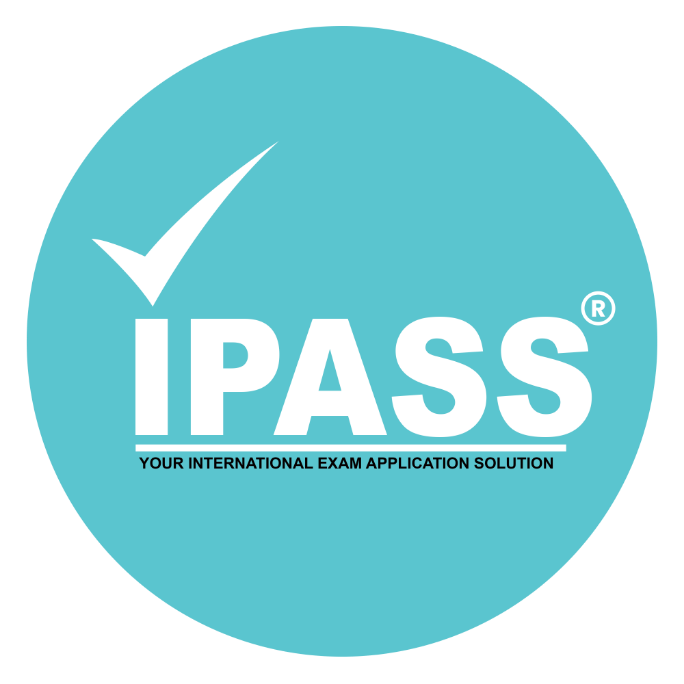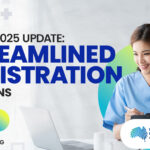Your cart is currently empty!

Cracking the Code: A Practical Guide to Preparing for NGN
The ultimate goal has always been to achieve a passing result after taking the NCLEX. With only months away from the official start of the Next Generation NCLEX (NGN), you might feel some trepidation. And while that isn’t avoidable, it is all the more reason to prepare yourself for what’s to come in the NGN.
You’re gathering and reading all the information and updates regarding the NGN. Unsurprisingly, preparing for important exams like the NCLEX can be challenging. Below are some tips you can start with while preparing for the NGN.
Tips for Preparing for the NGN
As established by the NCSBN, the NGN’s purpose is to test prospective nurses on their clinical judgment better. The ever-growing demand for healthcare, patients experiencing complex illnesses, and technologies progressing required nurses to make elaborate decisions.
Know and Understand What to Expect from the Exam
Changes in the NGN include the new item types that measure how safe and effective a candidate is in delivering client care and their ability to make clinical judgments. Besides the item types, there are changes in the exam’s length, scoring, and some terminologies.
In addition, candidates must also turn their attention to the content changes in the exam. A deep dive into content changes can be found in the 2023 NCLEX Test Plan. Despite these changes in the NGN, technical-wise, the administration of the NGN is the same as it continues to utilize computer-adaptive testing.
For more about the changes in the NCLEX Test Plan of 2023, you may read our blog here.
Use Different Study Techniques
Performing well in the NGN requires extensive study as it covers a broad range of content. Naturally, every person has their methods for studying. However, some study techniques may need to be improved to be more effective in providing knowledge retention. Relying on a single study technique can be a disadvantage as it does not maximize learning and effectiveness.
Hence, incorporating multiple learning techniques enables a deeper understanding of concepts and encourages retentiveness. Remember that study techniques that promote active learning are better and more effective. For example, a study method such as training one’s knowledge through answering question banks improves one’s ability to recall information.
Develop Clinical Judgment
Clinical judgment centers around a nurse’s ability to provide an action plan, determine client diagnosis, and implement appropriate intervention once presented with client scenarios. Essentially, nurse expectations are to arrive at a decision that is not only safe but yields the best client outcome by employing both critical thinking and decision-making.
In the NGN, the most critical part of preparing oneself is building and developing clinical judgment. As it involves making complex decisions through assessment and critical thinking, one should be able to observe, analyze and interpret data, formulate care plans, and evaluate client scenarios.
Simply put, to hone one’s clinical judgment skills, one must engage in activities that exercise their ability to analyze, hypothesize, generate, and evaluate. For example, learning and practicing unfolding case studies, solving practice questions, and applying various nursing concepts.
Practice the NGN Question Types
With the new question types introduced in the NGN, familiarizing and understanding how the new question types work can significantly reduce being overwhelmed by them. Since the exam is timed, unfamiliarity with the new question types can delay one from answering, resulting in a reasonable amount of time wasted.
Question banks that utilize these new question formats are a great start to letting oneself get adjusted to answering them. In addition, it helps one simulate the actual exam and get accustomed to how it works. Plus, question banks/practice questions provide detailed rationales to determine mistakes and improve one’s understanding of particular nursing concepts.
Enroll in a Review Center
Review programs that aim to help nursing students in the NCLEX and foster their critical thinking and decision-making skills contribute substantially to one’s preparation. Rather than relying on lectures or study materials that can only provide surface-level learning, review programs tend to be more involved.
Moreover, they utilize and provide active learning exercises that allow the application of learned nursing concepts, immersive discussion, and case studies. Aside from that, review programs are equipped with the necessary review materials prospective nurses need and can emulate an exam atmosphere.
Summing-up
Preparedness before any exam goes a long way. To successfully pass the NGN boils down to how you prepare yourself. Stakes are high, and being thoroughly ready before it can be challenging. It requires you to adapt and, of course, put in the effort to practice and study essential nursing concepts and develop your clinical judgment.
Found yourself wanting to prepare for the NGN, but need help figuring out where to start? Look no further! Begin your NGN preparation with IPASS Online Review and Mentoring Academy. What’s more, our Online Review is NGN Ready! Enroll now and be the next NCLEX Passer this 2023!
We at IPASS have your back! IPASS Processing offers its service to nurses who wish to apply for the NCLEX in the United States and Australia. We ensure to provide and deliver you a smooth and hassle-free NCLEX application. For more inquiries, contact us now!
Recommended Reads
- AHPRA Registration 2025: Updated Pathways for IQRNs
- The Benefits of Pursuing a Midwifery Career in the UK
- Types of Nurses: Discover Your Perfect Nursing Path
- IPASS Online NCLEX RN Review Course Now on Its 17th Cycle
- Pearson Vue NCLEX Testing Centers in the Philippines
Recommended Topics
- ASCPi (1)
- Australia (8)
- Canada (5)
- Exam Tips (28)
- General (120)
- IPASS Events (10)
- IPASS News (130)
- Middle East Nursing (17)
- NCLEX (62)
- New Zealand (3)
- NMBI Ireland (1)
- Online Review (13)
- PNLE Online Review (1)
- Tourist Visa (1)
- UKNMC (1)
- US Nursing (12)
- UWorld (1)
- VisaScreen (3)








Leave a Reply